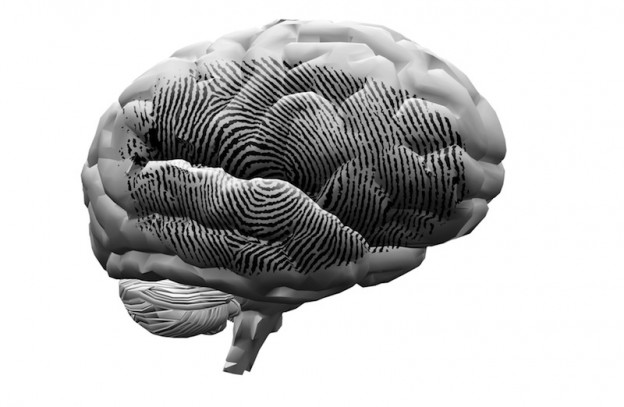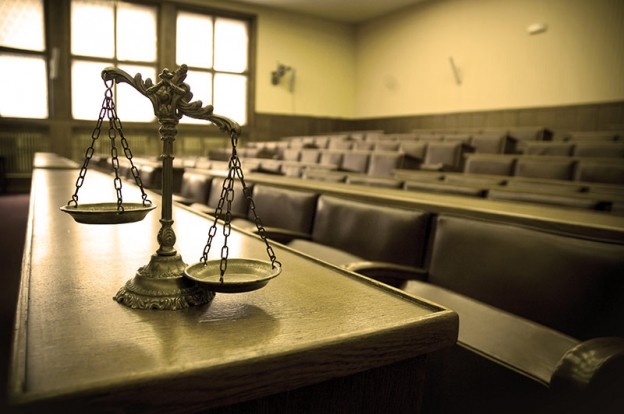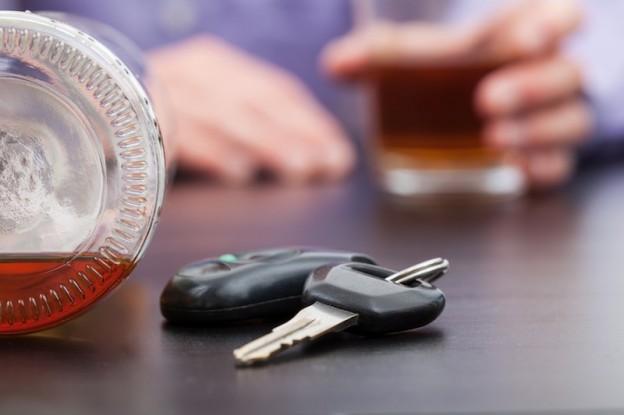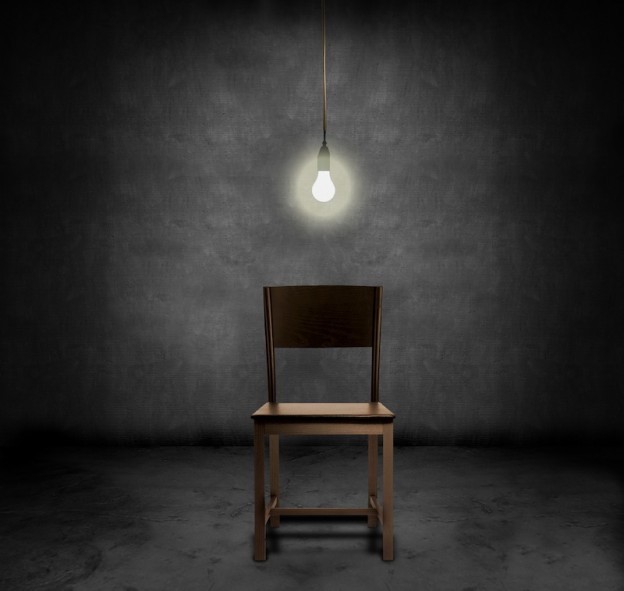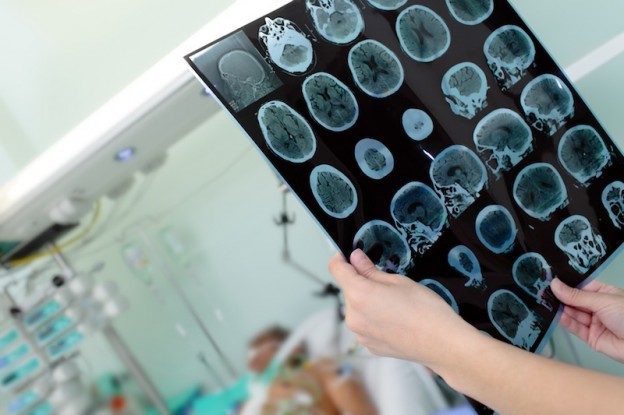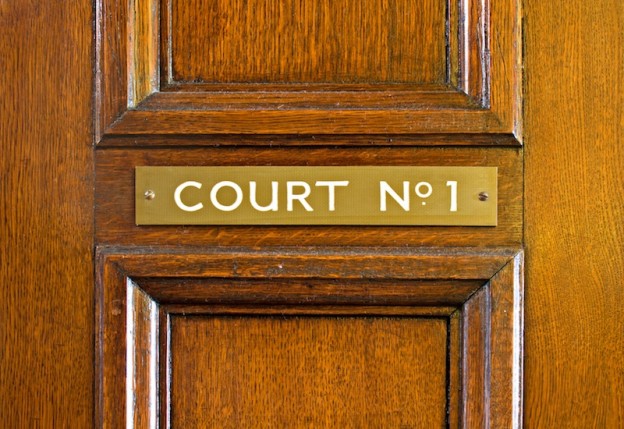A ruling from the US Court of Appeals for the 11th Circuit provides helpful guidance for individuals and companies that want to ensure communications with expert witnesses are protected from the eyes of opposing counsel during trial. In Republic of Ecuador v Hinchee, No. 12-16216, the 11th Circuit Court determined that evidentiary privilege rules do not protect an expert witness’s notes or his or her communications with non-attorneys from being used during trial.
Facts of Republic of Ecuador v Hinchee
The Hinchee case arises from a complicated litigation between the Republic of Ecuador and energy giant, Chevron. A portion of the dispute between Ecuador and Chevron is scheduled to proceed to international arbitration at The Hague, and, in preparation for the arbitration, Ecuador subpoenaed documents from one of Chevron’s expert witnesses, Dr. Hinchee.
Dr. Hinchee refused to produce two types of documents: 1) his personal notes compiled during his review of the case, and 2) communications he had with Chevron employees and other expert witnesses hired by Chevron, none of whom were members of the company’s legal team. Hinchee, and Chevron, argued that these notes and communications were protected under Federal Rule of Civil Procedure 26(b)(3)(A) as work product. The work product privilege rule keeps private any material “prepared in anticipation of litigation or for trial by or for another party or its representative (including the other party’s attorney, consultant, surety, indemnitor, insurer, or agent).”
11th Circuit Declines Work Product Privilege to Expert Witness Material
Disagreeing with Dr. Hinchee, and Chevron, the 11th Circuit noted that the work product rule articulated in 26(b)(3)(A) declined to specifically mention expert witnesses. Pointing to an amendment to Rule 26 that does specifically protect certain expert work product – such as drafts of expert reports or communications between experts and attorneys – the Court found that the absence of the term “expert” in the work product privilege protection was significant.
Finding that experts are required to produce “all materials considered by the testifying expert except the core opinion work-product of attorneys,” the 11th Circuit opened the door to discovery for the notes and communications of expert witnesses. An expert witness, and his employers, should expect that anything the expert does, with the exception of report drafts and communications about the case with attorneys, will be subject to discovery by the opposing party.
Expert Witness Takeaway from Hinchee Case
The Hinchee decision provides two important takeaway points for expert witnesses and the companies or individuals who hire them: 1) remember that expert witness notes are not protected from discovery, and limit content accordingly, and 2) make sure that all expert witness communications go through legal counsel.
An expert witness can avoid having privileged information shared by restricting the content of her notes and by ensuring attorneys are always involved in communications with the client or employees of the client. The Hinchee case makes it clear that not everything an expert witness compiles is privileged, and by following a few simple steps an expert, and client, can make sure that sensitive information stays out of opposing counsel’s hands.



